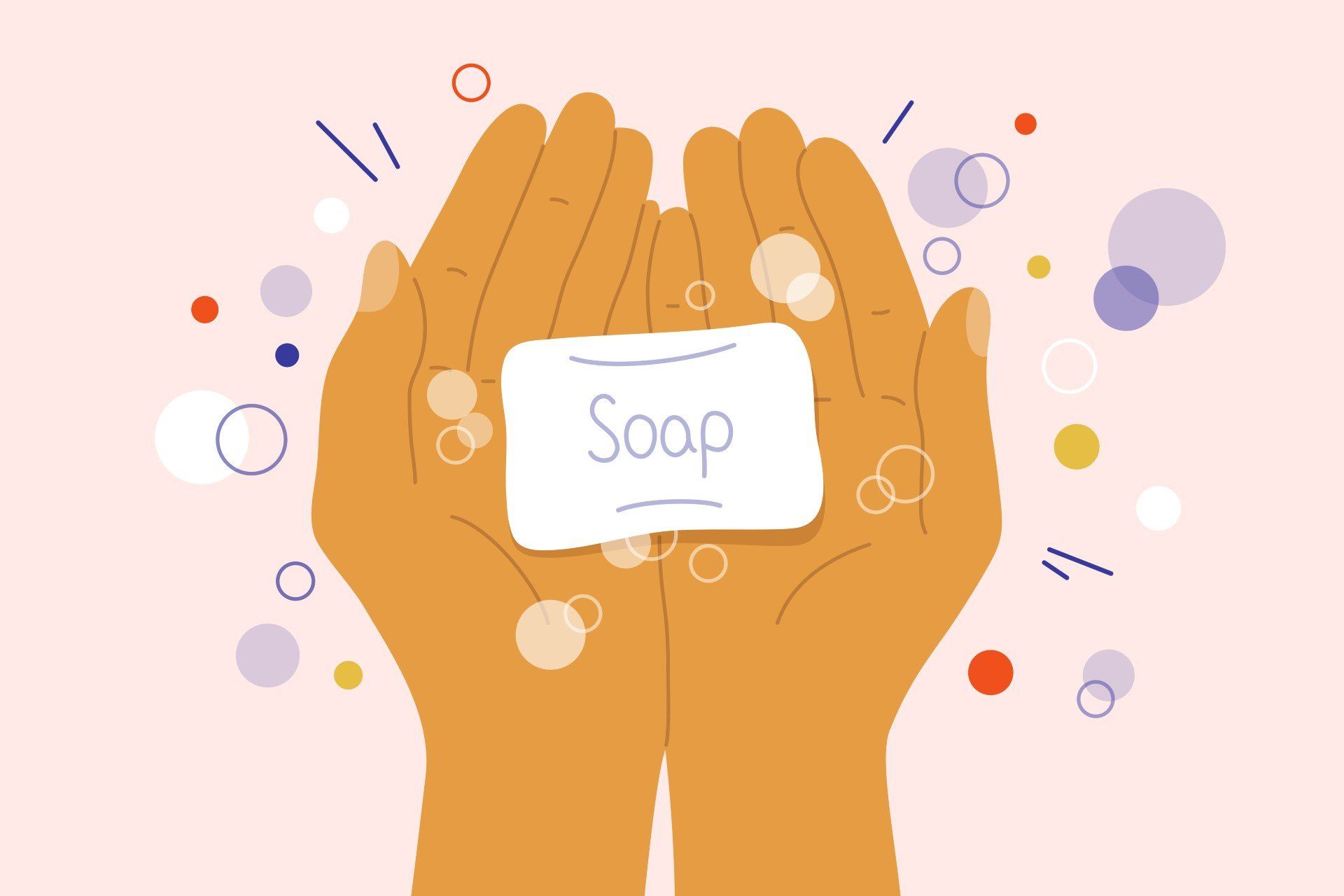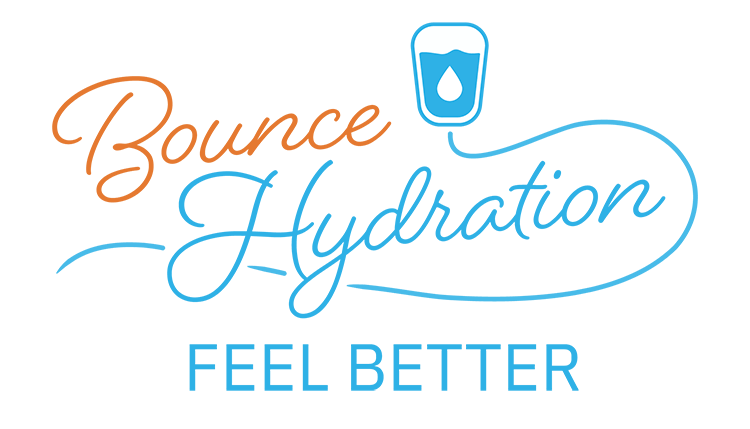SCHEDULE YOUR IN-OFFICE DRIP TODAY AND SAVE ON SELECT DRIPS! Book NOW!
10 Ways to Stay Healthy During Flu Season
The influenza virus is active throughout the entire year in the United States; however, it’s most active during the fall and winter months. The period that experts call the cold and flu season typically begins around October and peaks in February.
This year, it’s more important than ever to stay healthy and prevent the spread of the flu. Washing your hands, getting a flu vaccine, sanitizing often, and yes — wearing a mask — are all steps you can take to slow the spread of the flu in the time of COVID-19.
Here are 10 terrific tips you can use this flu season to protect you, your family, and those around you.

1. Wash Your Hands
You’ve heard this a million times, but we’ll never get tired of saying it. The simple act of washing your hands is one of the best ways to prevent getting sick.
Throughout the day, you touch many surfaces that could potentially have viruses and other harmful bacteria, including the cold or flu virus. And when you do anything with those unwashed hands — touch your eyes, mouth, or nose; prepare food; cough or sneeze into your hands; or merely hug someone in your family — you’re putting yourself and others at risk for illness.
The answer? The Center for Disease Control and Prevention has developed a scientifically proven hand-washing routine. It only takes five simple steps:
- Wet your hands with clean running water, turn off the water, and apply soap.
- Lather all parts of your hands.
- Scrub for at least 20 seconds.
- Rinse your hands under clean running water.
- Dry your hands with a clean towel or air dry.
That process should take you less than a minute, and isn’t keeping clean and germ-free worth pausing to clean properly?

2. Use Hand Sanitizer When You Can’t Wash Your Hands
If you can’t wash your hands, the next best thing is to use a hand sanitizer that contains at least 60 percent alcohol. The goal is to actually kill germs instead of merely reducing their growth on your hands or killing only certain types of germs instead of all germs.
3. Yes, There is Still Time to Get a Flu Shot
The CDC recommends that everyone get their flu shot by October, but if you missed out, you still should get one. Not only is the flu active all year round, but the flu season also doesn’t peak until February. So, any time before then would benefit your wellness.
If you’re concerned about safety, the CDC says most people experience no side effects, and for those that do, the effects are typically mild and only last a few days. It takes about two weeks for the body to develop antibodies.
For more information on the flu vaccine, visit the CDC’s seasonal flu vaccine webpage.

4. Cover Your Cough or Sneeze
The very simple act of covering your cough with a tissue can prevent the spread of the flu and other illnesses. Just remember:
- Use a tissue, not your hands
- Throw the tissue in the trash
- Wash your hands as described above
- If unable, use hand sanitizer
It’s a simple concept, yet it’s so effective at protecting others around you. And who doesn’t want to do their civic duty?
5. Wear a Mask
Speaking of civic duties, it is proven that wearing a mask slows the spread of diseases like COVID-19 and the flu virus. Typically, we don’t wear masks when we feel sick, but given our circumstances, you should always wear a mask when going out in public, even if you don’t feel sick.
Here’s how to wear one properly:
6. Avoid Touching Your Eyes, Mouth, and Nose
The two main ways people get influenza are:
- Inhaling droplets from an infected person; and/or
- Touching a surface with the virus on it and then touching your eyes, mouth, or nose.
As we mentioned above, try avoiding touching your face as much as possible. It protects you and others.
7. Stay Home if You Are Sick
If you feel sick — regardless if you think it’s the flu or not — just stay home. People have a tendency to go into work and “power through.” However, that puts everyone in the office and their families at home at risk of getting sick too.
Instead, take a few days to get better. The CDC recommends not returning to work until at least 24 hours after your fever goes away without the use of fever-reducing medication or after your other symptoms have improved. You are most contagious with the flu in the first 3 to 4 days of showing symptoms.

8. Consider Antiviral Drugs if Your Doctor Prescribes Them
If you do test positive for the flu, some doctors will prescribe antiviral drugs to shorten the time you are sick and reduce the risk of complications. The average person’s immune system will get over the flu on its own, but your doctor should determine whether antivirals are right for you based on your unique health needs.
9. Consider Getting Tested if You Feel Sick
The flu and COVID-19 share many symptoms, so it can be difficult to tell whether you have one or the other. It is also possible to have both at the same time, but there are some key differences between the two.
Because information regarding COVID-19 is still developing, we recommend you visit the CDC’s website for the most up-to-date information on the virus and how to differentiate it from the flu. If you’re unsure, one of the courses of action recommended by the CDC is to get a flu test and/or a test for COVID-19 to help confirm your diagnosis.
10. Take Care of Your Mental Health
We are living in stressful times. Even if you aren’t sick with the flu or COVID-19, an infectious disease outbreak can cause a variety of mental health problems for many people. Those reported by the CDC include:
- Fear and worry about your health, financial situation, and/or loss of support services
- Changes in sleep and eating patterns
- Difficulty sleeping and concentrating
- Worsening chronic health issues
- Worsening mental health issues
- Increased substance use, including tobacco and/or alcohol
You must take care of yourself mentally and physically. The CDC’s mental health page contains resources if you are experiencing a crisis, including calling 911, and also help find a provider to address your mental health and/or substance abuse needs.
Staying Healthy During Flu Season Means Working Together
It’s important we not only help prevent the spread of the flu but also to take care of ourselves mentally and physically. In addition to heeding this list, consider talking to your doctor if you have questions regarding the flu, COVID-19, or what more you can do to stay healthy and well this flu season.
We’ll get through this — together.







Ready to Schedule Your Visit?
Hours of Operation
- Monday
- -
- Tuesday
- -
- Wednesday
- -
- Thursday
- -
- Friday
- -
- Saturday
- -
- Sunday
- -
All Rights Reserved | Bounce Hydration




